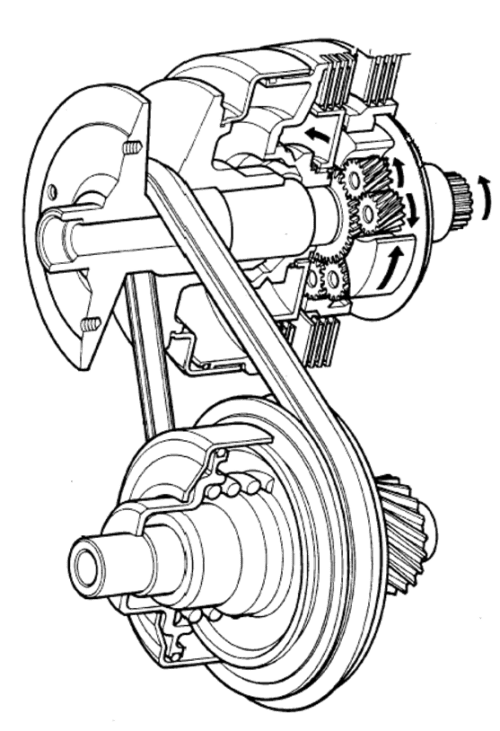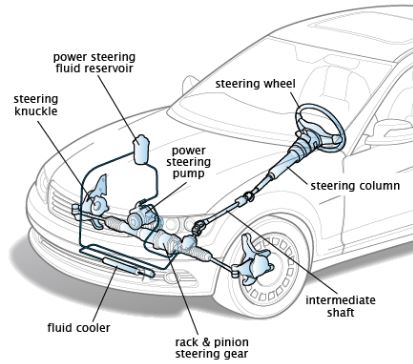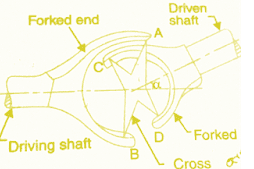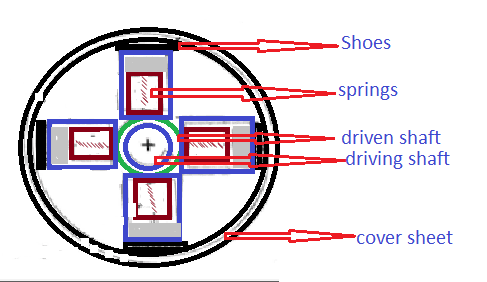Advantages and Disadvantages of Continuous variable transmission:
In Continuous variable transmission , the control unit changes the gear ratio in response to signals from sensors that monitor vehicle speed, engine load, and driving conditions. It is a type of automatic transmission in which the gear ratio changes with the time and speed of the vehicle.
This makes it possible for different driving situations to require different combinations of gears. Continuous variable transmission (CVT) is a type of automatic transmission that has continuously variable gear ratios.
Advantages of Continuous variable transmission :
- Continuous variable transmission is easy to drive than the manual type.
- Continuous variable transmission is a type of transmission that continuously shifts the gears while the vehicle is moving.
- It reduces noise and vibrations.
- Easier to start and stop the vehicle with greater control.
- Improved fuel efficiency due to less drag on the engine.
- Increases engine efficiency and improves fuel economy.
- which makes it ideal for city driving.
- It allows for smoother acceleration and deceleration.
- CVT does not have any gears at all but moves through an infinite number of ratios with no loss in power or efficiency.
- It allows for much smoother acceleration and reduces engine wear.
- It provides smooth changes in engine speed without any jerks or sudden interruptions.
Disadvantages of Continuous variable transmission:
- It is more expensive than constant speed transmissions
- they need more maintenance,
- Require better clutch settings and are more expensive than conventional automatic transmissions.
- When using a CVT, you must expect some loss in performance from time to time as the engine gets used up more quickly due to this system being able to shift gears almost instantly rather than gradually.
- Performance issues during extreme conditions(When u need to shift advance).
- CVT requires more frequent maintenance than other transmissions because it has to be inspected regularly.



